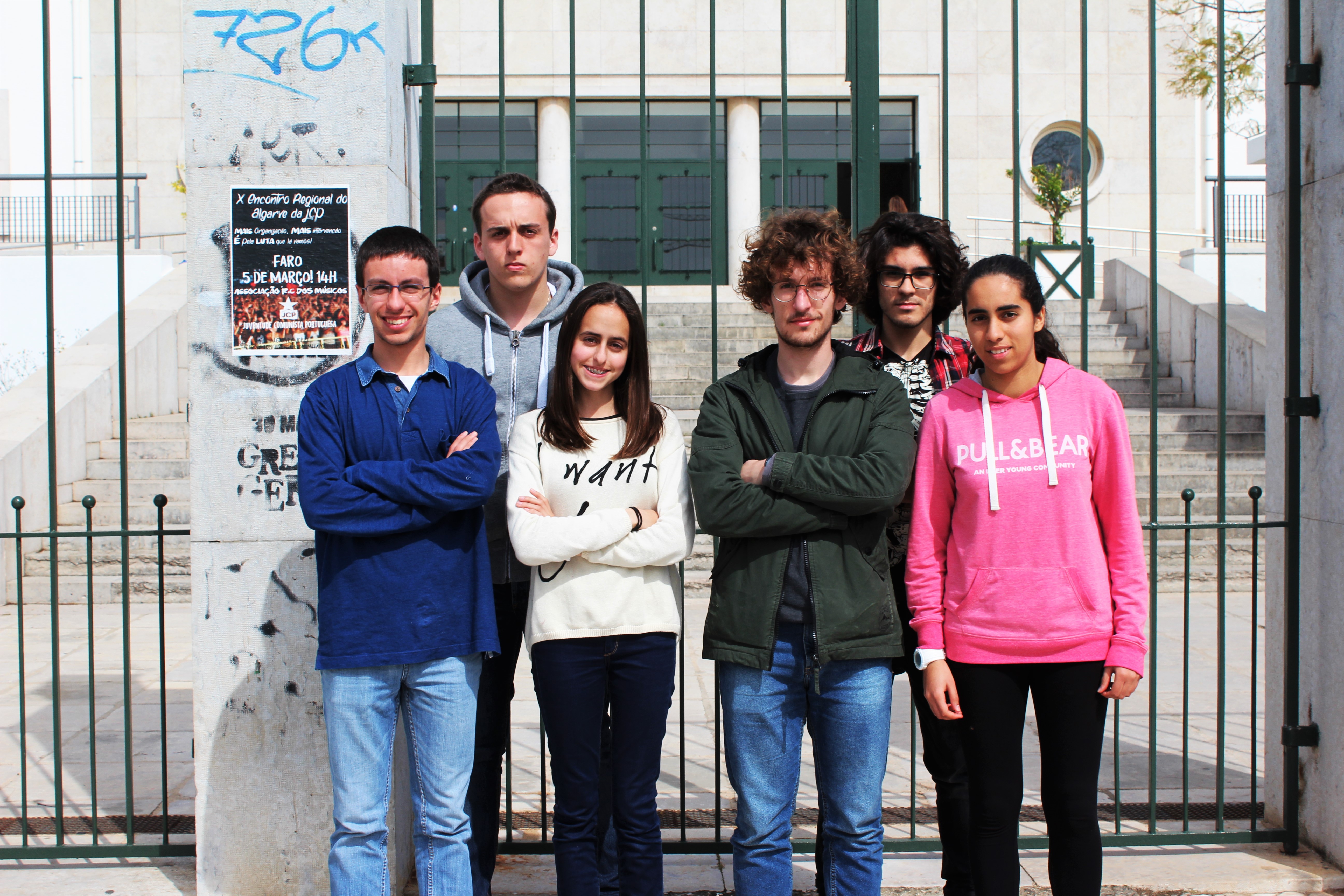
Imagine a normal soda can, with a satellite inside, built by you, that can, during a fall of 1000 meters (with a parachute), collect temperature and pressure information. It seems difficult? There are two teams of students from Algarve schools doing this: a Ch3E3, from João de Deus Secondary School, in Faro, Ea CanSat Bus A380, from the Francisco Fernandes Lopes Secondary School, in Olhão. And both are already part of the 15 Portuguese finalists in a project at an international level: the Can Sat.
Gonçalo Oliveira and Mariana Grenhas are members of Ch3E3. Together with four other classmates, from the 12thG, with the help of a teacher, they are building this satellite, which has to integrate a battery, antenna and sensors inside the can. The team's goal is even to do something different in the construction of the object.
«There are two ways to do this: using a Arduino or a r. Most have used the Arduino, but we'll try to use the raspberry, for being the simplest and easiest solution», explains Gonçalo Oliveira, to the Sul Informação.
Being students in the area of Science and Technology, participating in this project came naturally. «The Computer Applications teacher proposed the project to the classes and we discovered it that way. The desire to participate came right away, because this is related to the area of engineering, in which we should all embark on this year, at the university», says Mariana Grenhas.
To this is added another factor: the João de Deus Secondary School team was, last year, in third place in this project. And now the new team wants to maintain or even improve performance.
For now, it is still not known what will be the classification of the Ch3E3, since the competition, at national level, takes place only from 4th to 7th of May, on the island of Santa Maria, in the Azores. There, all satellites will be launched by a rocket and then fall with the parachute.
To be selected, both the team of Faro, like the one in Olhão, initially had to send "the parachute and a report explaining the missions".
Ambitious, Gonçalo and Mariana reveal that "if they had no hope" of winning, they would not have competed for this Cansat. Despite this, "we are aware that we are competing with the best", they add.
In this competition, there are schools from Lisbon, Porto, Setúbal, Covilhã or Almada and all will be evaluated by the same parameters: dissemination, teamwork, project itself and educational value. The winner will compete in an international competition in Germany from the 28th of June to the 2nd of July.
And working time is scarce for the Algarve teams. “We have until April 27 to deliver the final report and until May 4 to have everything ready”, explain Mariana and Gonçalo.
Still, at this point, this time-consuming construction is going forward. “We have the parachute mounted and we have already measured the pressure and temperature. All that's left is to have the can with everything in it tidy and order the video transmission system», explains Gonçalo. This is because another of the goals of the young team from Farense is “to film the fall of the satellite”.
The name of the team, whose logo is actually a soda can, has a history associated with it. Ch3E3 it is not, at all, something easy to decipher, but Gonçalo, between laughs, explains.
«Me and another member of the team – João – went to the Physics Olympics last year and our name also had “3E3”. It's because? Because the “e” is the exponential. So it's kind of a joke, because there are many products that end in 3000, which also happens here, because the 3 with the exponential “e3” becomes 3000». Thus arises the Ch3E3… or Can3000.
The entire team has dedicated several hours of work to the project, but the «challenge is interesting and very pleasurable», say Gonçalo and Mariana. And if all this is for this year, the laurels to be taken from participating in the Cansat can extend in time.
"Companies keep their eyes on whoever wins the tired, so it's very good for the curriculum, in addition to the experience it gives», reveals Gonçalo.
Even with the exams at the door, at a crucial time for entry into Higher Education, the two team members confess to being able to reconcile everything with their studies. «We even have teachers who ask us questions about how the project is going», concludes, smiling, Gonçalo.
Photos: Pedro Lemos|Sul Informação
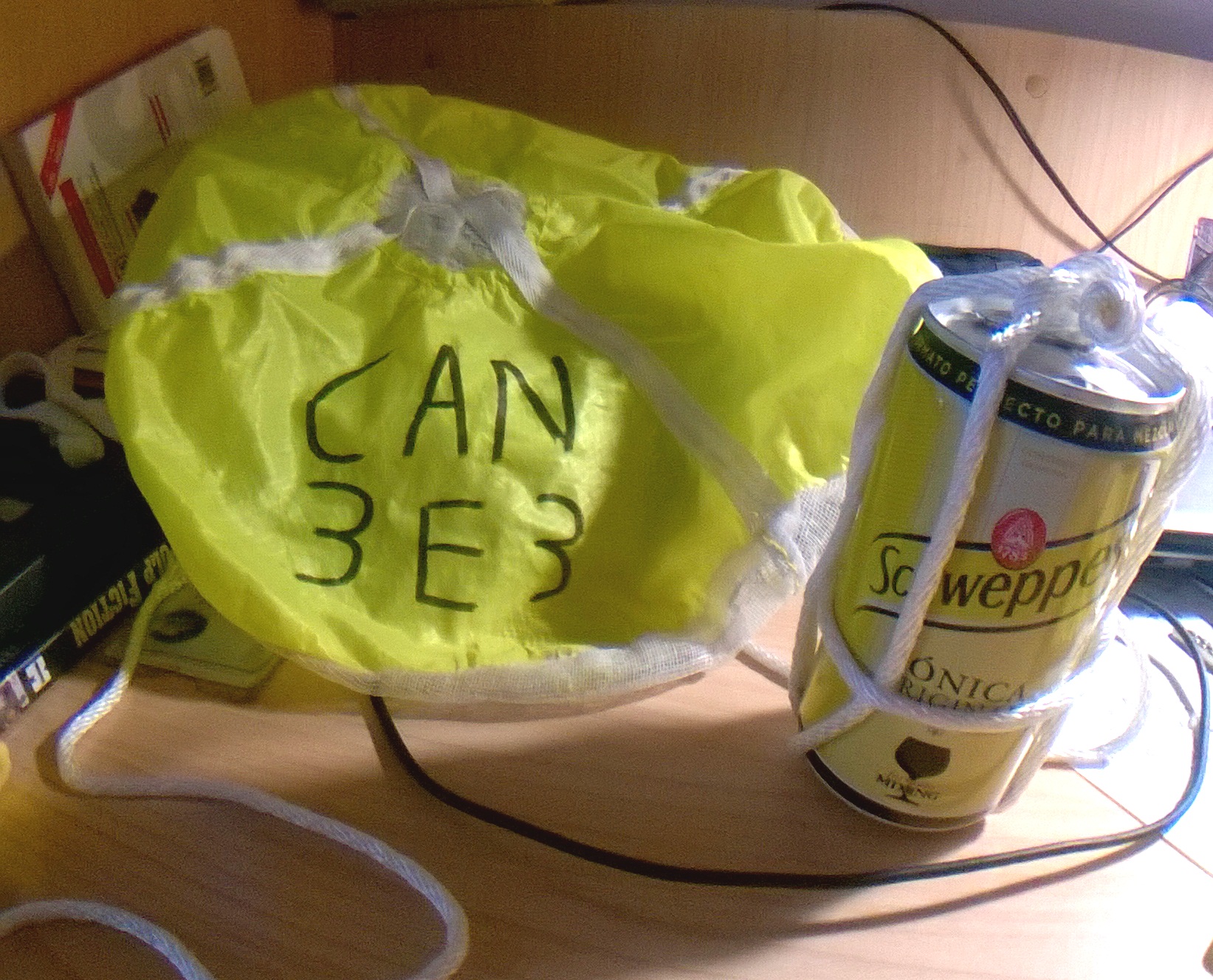
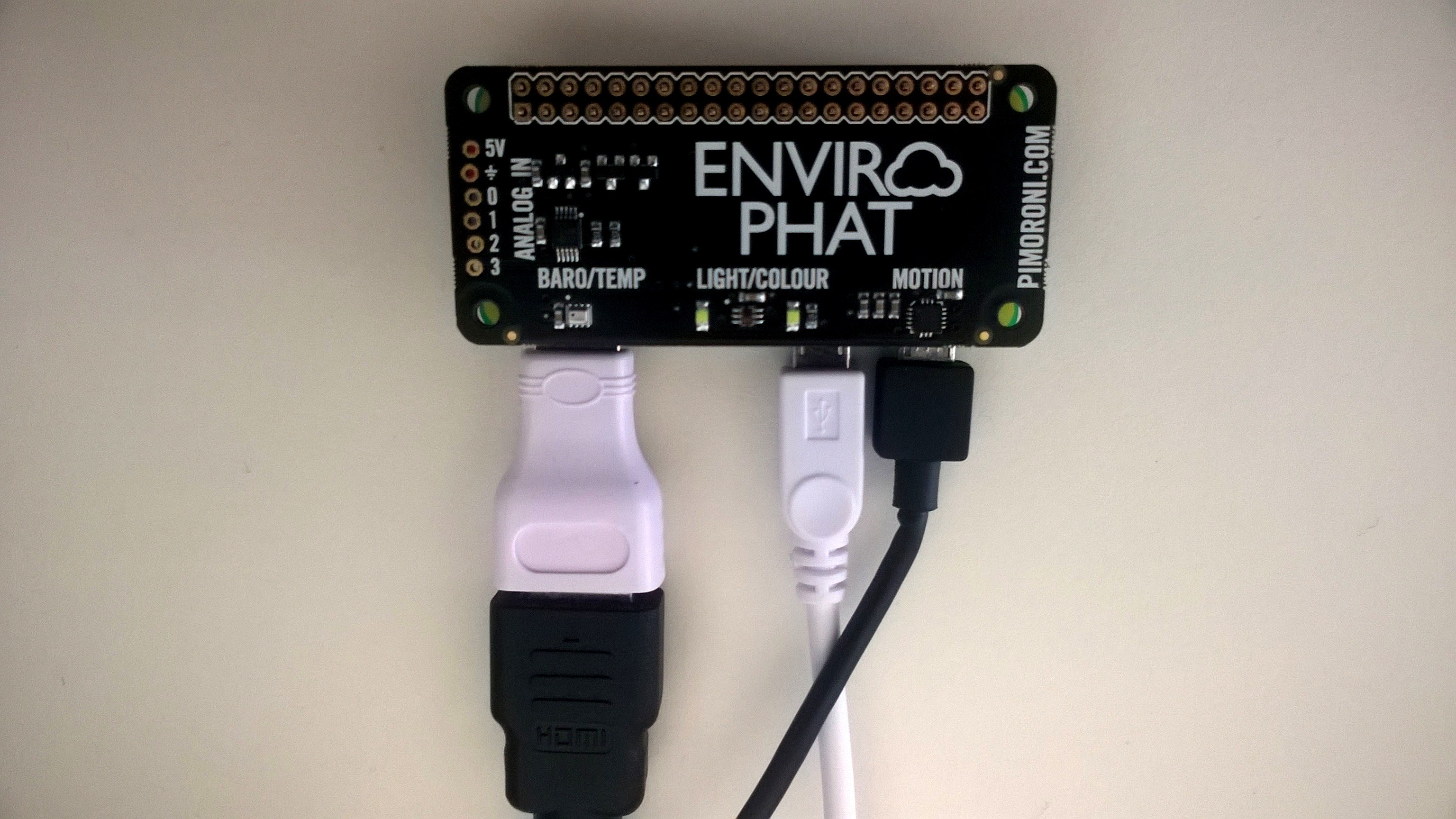
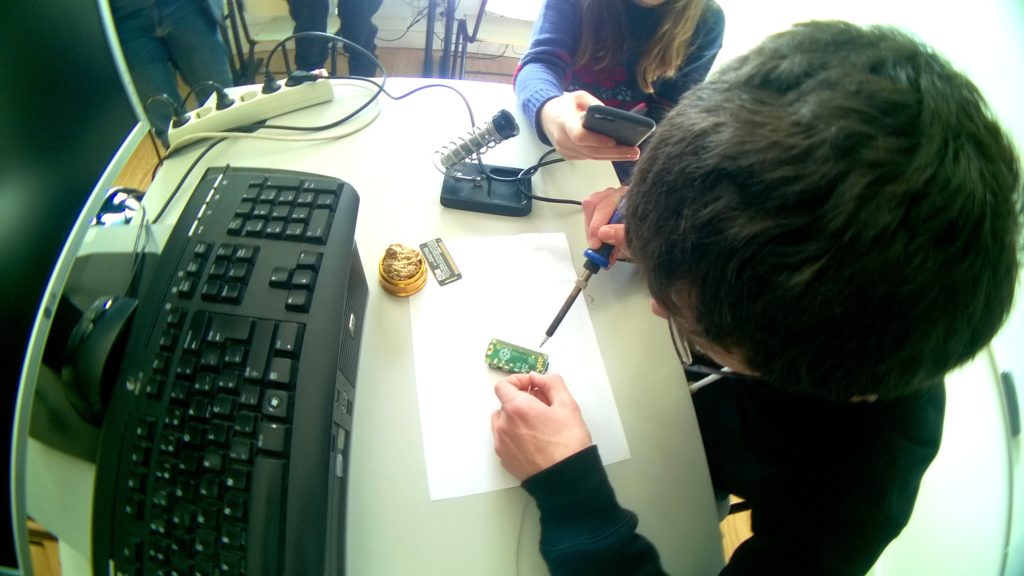
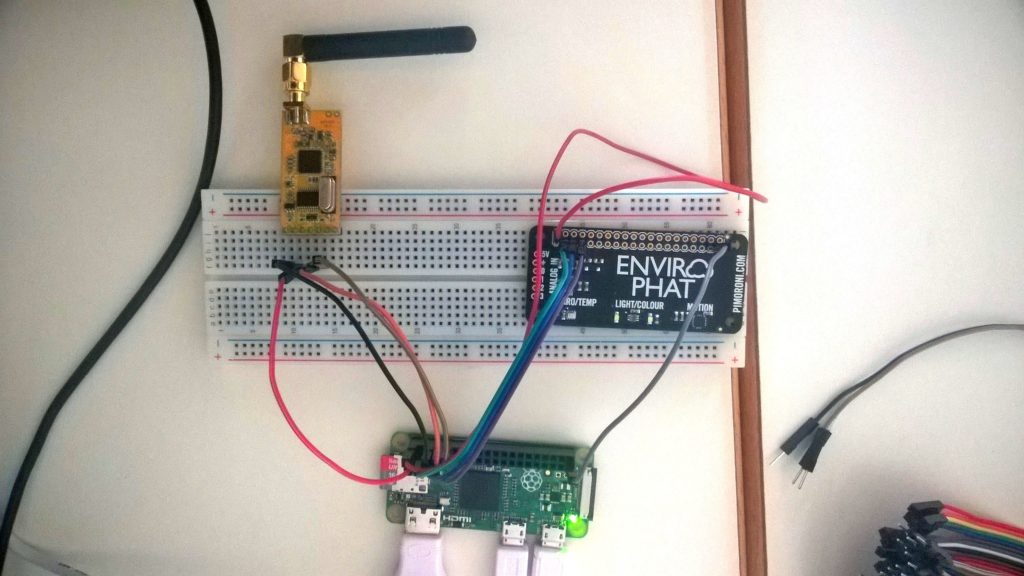
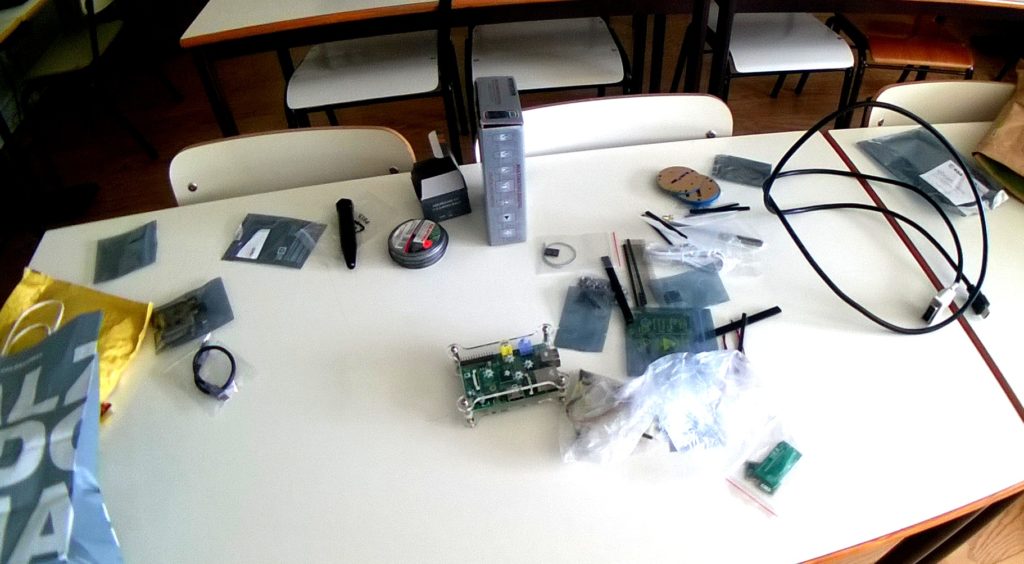
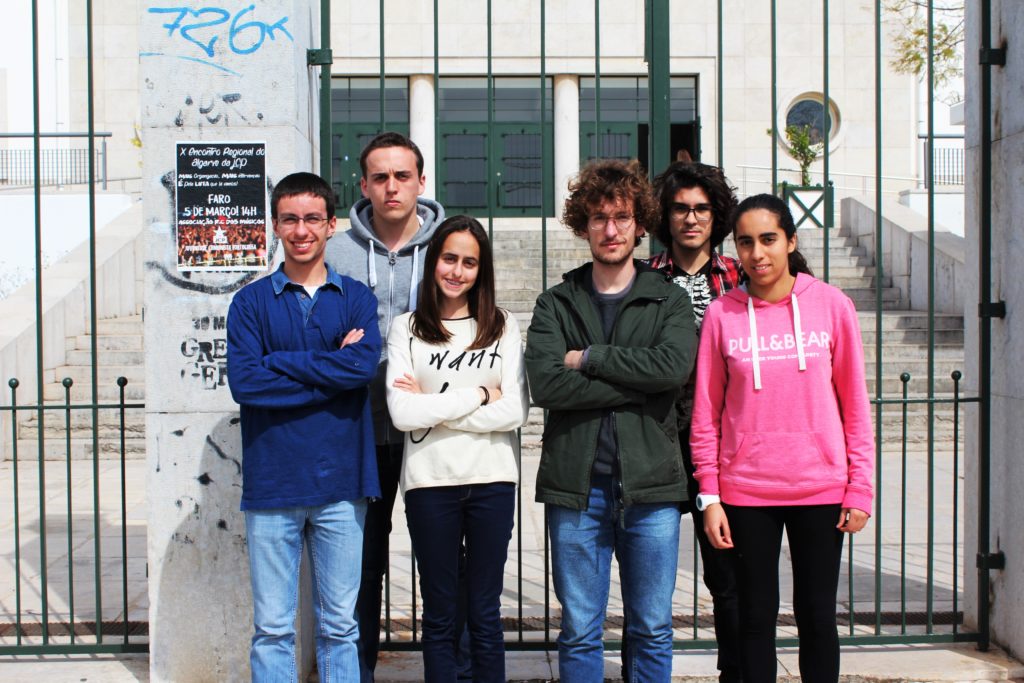
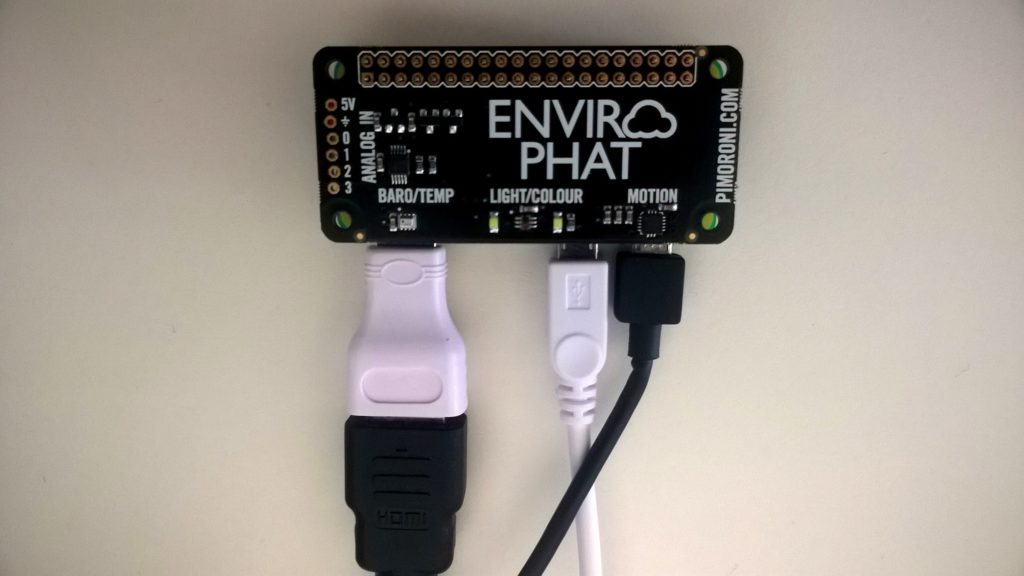
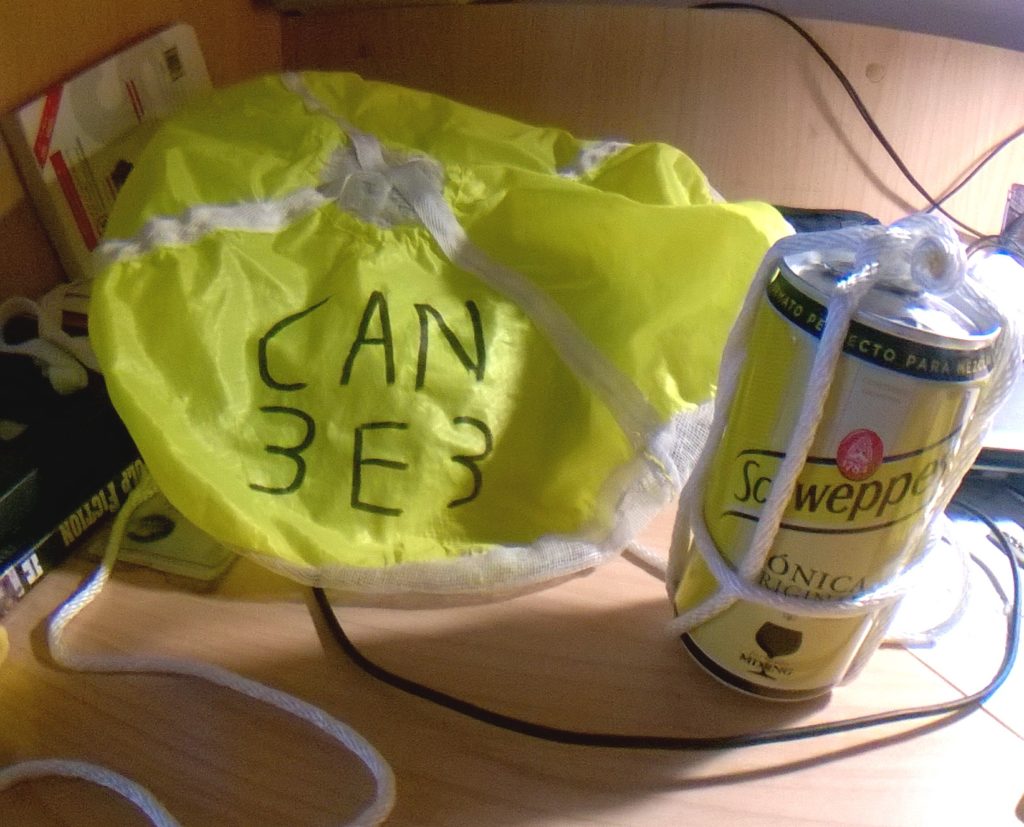
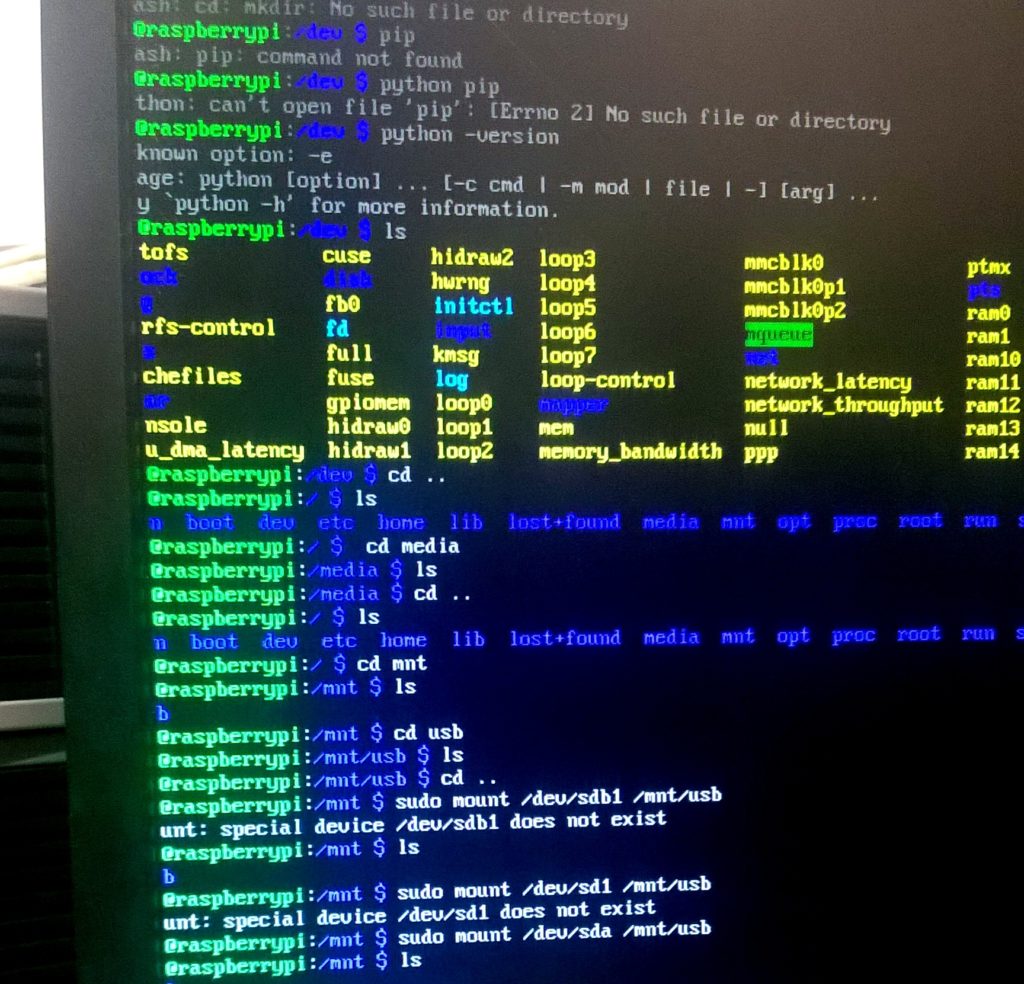


















Comments